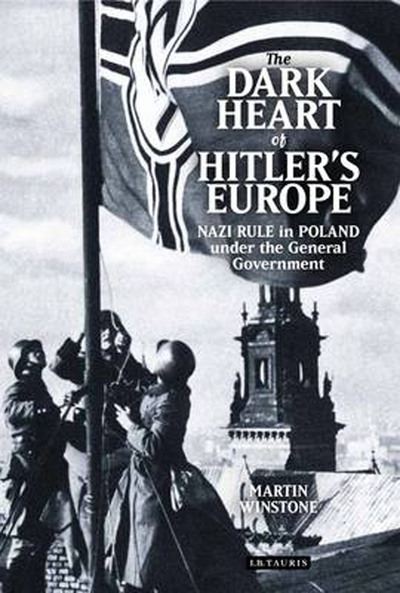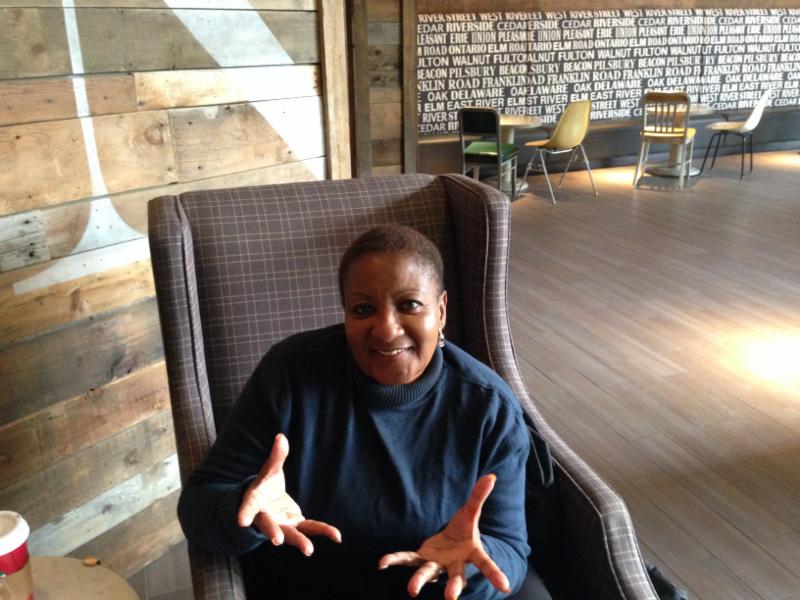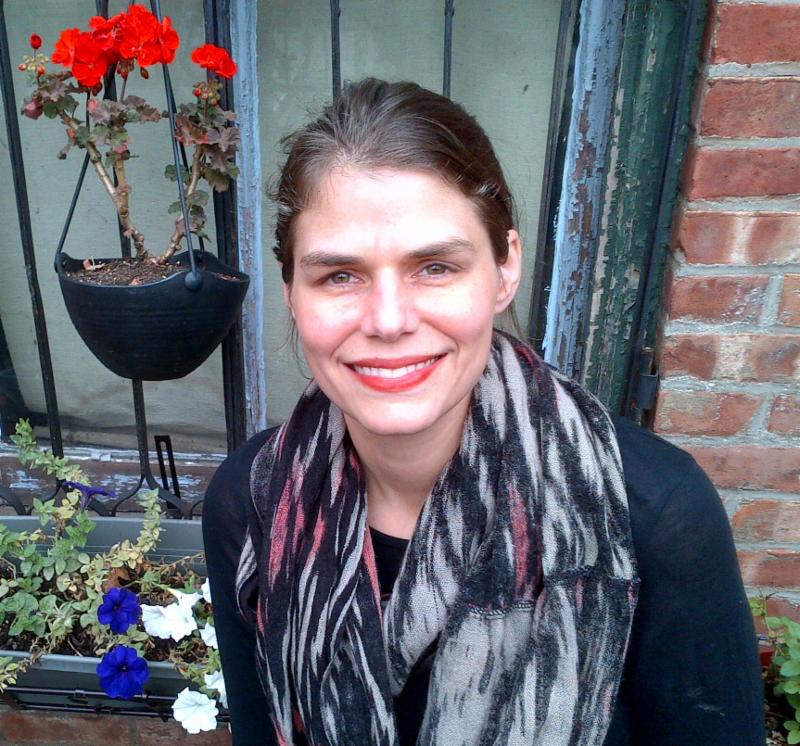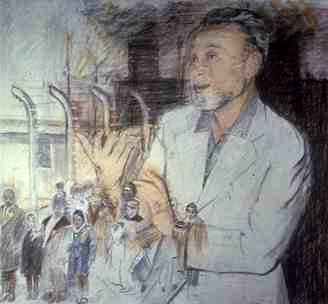A Conversation with Gabriel Gatti (Professor of Sociology, University of the Basque Country, Spain)
Due in large part to humanitarian law and transitional justice, the categories of detained-disappeared and forced disappearance are today well established – so much so that in some places like Argentina and Uruguay an intense social life has taken shape around them and in their wake. Victims mix with institutions, laws, and professionals (forensic anthropologists, social scientists, jurists, psychologists, artists, archivists, and writers), occupying intersecting positions and doing so with varied narratives, from the epic and heroic to the tragic and traumatic. Based on extensive fieldwork in Argentina and Uruguay, Gatti analyzes these worlds in an attempt to understand how one inhabits the categories that international law has constructed to mark, judge, think about, and repair horror.
Gabriel Gatti is Professor of Sociology at the University of the Basque Country, Spain. His research and teaching focus on contemporary forms of identity, in particular those constituted in situations of social catastrophe, rupture, and fracture. He is the author of Identidades débiles, Identidades desaparecidas, Les nouveaux répères de l’identité collective en Europe, and Basque society. His latest work, Surviving Forced Disappearance in Argentina and Uruguay: Identity and Meaningwas published in august of 2014. He is also a main researcher behind the Mundo(s) de victimas (World(s) of victims) a study of four cases that deal with the construction of the “victim” category in contemporary Spain.
Professor Gatti’s visit is part of the Reframing Mass Violence Collaborative Series. Sponsored by the Institute for Advanced Study, the Human Rights Program, the Department of Sociology, the Department of Political Science and the Department of Spanish & Portuguese.

 Even amidst the horrors of Nazi rule in Europe, the tragic history of the General Government – the Nazi colony created out of the historic core of Poland, including Warsaw and Krakow, following the German and Soviet invasion of 1939 – stands out. Separate from but ruled by Germany through a brutal and corrupt regime headed by the vain and callous Hans Frank, this was indeed the dark heart of Hitler’s empire. As the principal ‘racial laboratory’ of the Third Reich, the General Government was the site of Aktion Reinhard, the largest killing operation of the Holocaust, and of a campaign of terror and ethnic cleansing against Poles which was intended to be a template for the rest of eastern Europe.
Even amidst the horrors of Nazi rule in Europe, the tragic history of the General Government – the Nazi colony created out of the historic core of Poland, including Warsaw and Krakow, following the German and Soviet invasion of 1939 – stands out. Separate from but ruled by Germany through a brutal and corrupt regime headed by the vain and callous Hans Frank, this was indeed the dark heart of Hitler’s empire. As the principal ‘racial laboratory’ of the Third Reich, the General Government was the site of Aktion Reinhard, the largest killing operation of the Holocaust, and of a campaign of terror and ethnic cleansing against Poles which was intended to be a template for the rest of eastern Europe. Utjiua Muinjangue is the chairperson of the Ovaherero and Ovambanderu Genocide Foundation. Ms. Muinjangue spoke on behalf of the school of Social Work at the University of Minnesota on the genocide of the Herero on November 10, 2014.
Utjiua Muinjangue is the chairperson of the Ovaherero and Ovambanderu Genocide Foundation. Ms. Muinjangue spoke on behalf of the school of Social Work at the University of Minnesota on the genocide of the Herero on November 10, 2014. CHGS is pleased to welcome Jennifer Hammer, new program associate in the Institute for Global Studies with special responsibility to support the Center for Holocaust and Genocide Studies and the Center for Austrian Studies. Jennifer completed her degree at the University of Minnesota in Anthropology and Japanese, and has done graduate work in the history of design. Jennifer comes to us from the Department of Communication Studies and has programming and management experience at a number of non-profit organizations including JSTOR, Artstor, and the Minneapolis Institute of Arts.
CHGS is pleased to welcome Jennifer Hammer, new program associate in the Institute for Global Studies with special responsibility to support the Center for Holocaust and Genocide Studies and the Center for Austrian Studies. Jennifer completed her degree at the University of Minnesota in Anthropology and Japanese, and has done graduate work in the history of design. Jennifer comes to us from the Department of Communication Studies and has programming and management experience at a number of non-profit organizations including JSTOR, Artstor, and the Minneapolis Institute of Arts. In his acclaimed book Survival in Auschwitz, Primo Levi recounts a recurring dream he and other inmates had in the Nazi death camp: that he returned home to his family and told them about it, but nobody listened. “The person standing in front of me doesn’t stay to hear, turns around and goes away,” he writes.
In his acclaimed book Survival in Auschwitz, Primo Levi recounts a recurring dream he and other inmates had in the Nazi death camp: that he returned home to his family and told them about it, but nobody listened. “The person standing in front of me doesn’t stay to hear, turns around and goes away,” he writes. The Bloomsbury Companion to Holocaust Literature is a comprehensive reference resource including a wealth of critical material on a diverse range of topics within the literary study of Holocaust writing. At its centre is a series of specially commissioned essays by leading scholars within the field: these address genre-specific issues such as the question of biographical and historical truth in Holocaust testimony, as well as broader topics including the politics of Holocaust representation and the validity of comparative approaches to the Holocaust in literature and criticism.
The Bloomsbury Companion to Holocaust Literature is a comprehensive reference resource including a wealth of critical material on a diverse range of topics within the literary study of Holocaust writing. At its centre is a series of specially commissioned essays by leading scholars within the field: these address genre-specific issues such as the question of biographical and historical truth in Holocaust testimony, as well as broader topics including the politics of Holocaust representation and the validity of comparative approaches to the Holocaust in literature and criticism. When the National Football League’s Washington Redskins franchise traveled to the University’s TCF Stadium to play the Vikings, they brought with them a considerable amount of controversy. It has been difficult to avoid the debate surrounding the Washington team and their controversial moniker. This is not solely a Minnesota phenomenon; nearly all of the team’s away games have seen a significant amount of protest by both sides. The use of the redskin name has pitted advocates of a change to a more inclusive name against supporters of the football team and their more than eighty year history. While fans of the franchise argue that the name does not reflect any racism, it is important to understand the origins of the term redskin and how it fits into the wider context of the Native American genocide.
When the National Football League’s Washington Redskins franchise traveled to the University’s TCF Stadium to play the Vikings, they brought with them a considerable amount of controversy. It has been difficult to avoid the debate surrounding the Washington team and their controversial moniker. This is not solely a Minnesota phenomenon; nearly all of the team’s away games have seen a significant amount of protest by both sides. The use of the redskin name has pitted advocates of a change to a more inclusive name against supporters of the football team and their more than eighty year history. While fans of the franchise argue that the name does not reflect any racism, it is important to understand the origins of the term redskin and how it fits into the wider context of the Native American genocide.